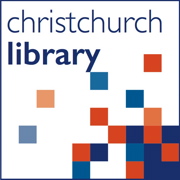Tips & Tools—dozens of links to help your writing from the UNC Writing Center
I’ve looked at a lot of writing guides online, and read a lot of books, and this page right here is one of the best resources I’ve found that offers specific, understandable tips on writing. Includes guides to help you get started (find ideas), guides to help you fix all sorts of specific problems (transitions, thesis statements, using “I,” commas, word choice...), and guides with examples of what different papers should look like (history papers, science writing, book reviews, business letters...). Etc., etc. Also some videos thrown in there.
Seriously, every problem you might have with your writing has a guide here to help you. Check it out! —Mr. Kempe






